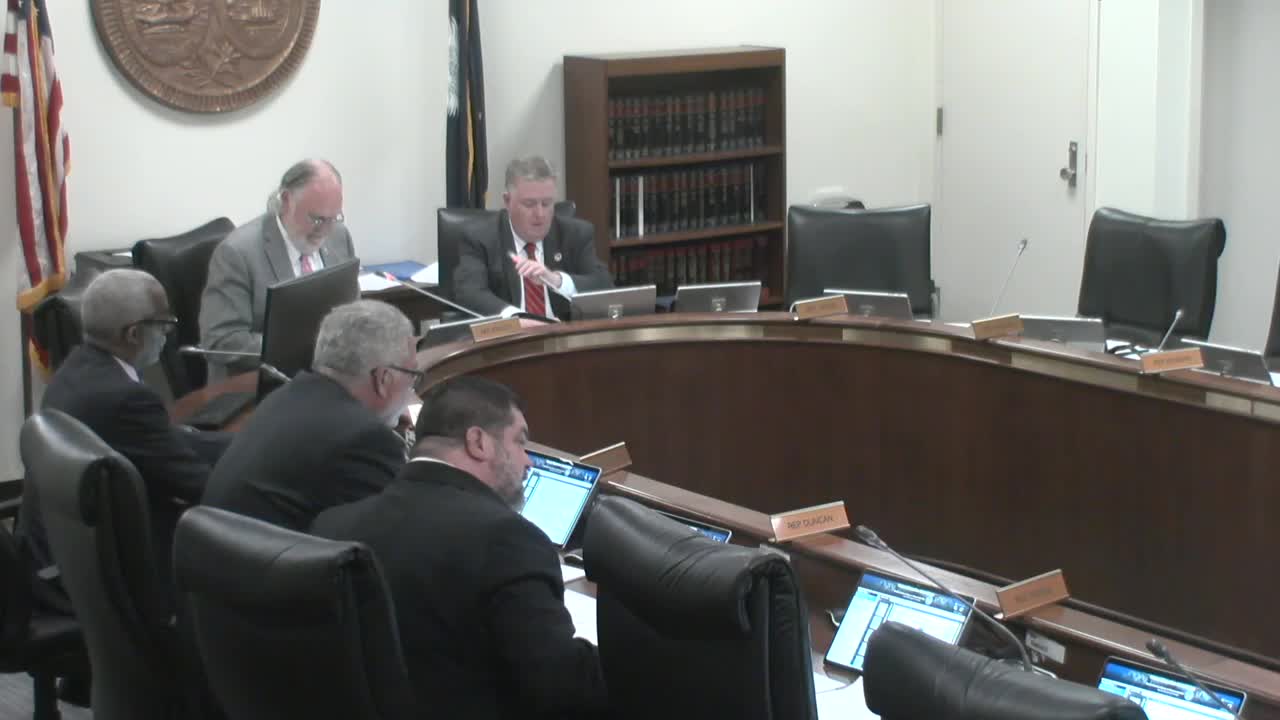Article not found
This article is no longer available. But don't worry—we've gathered other articles that discuss the same topic.
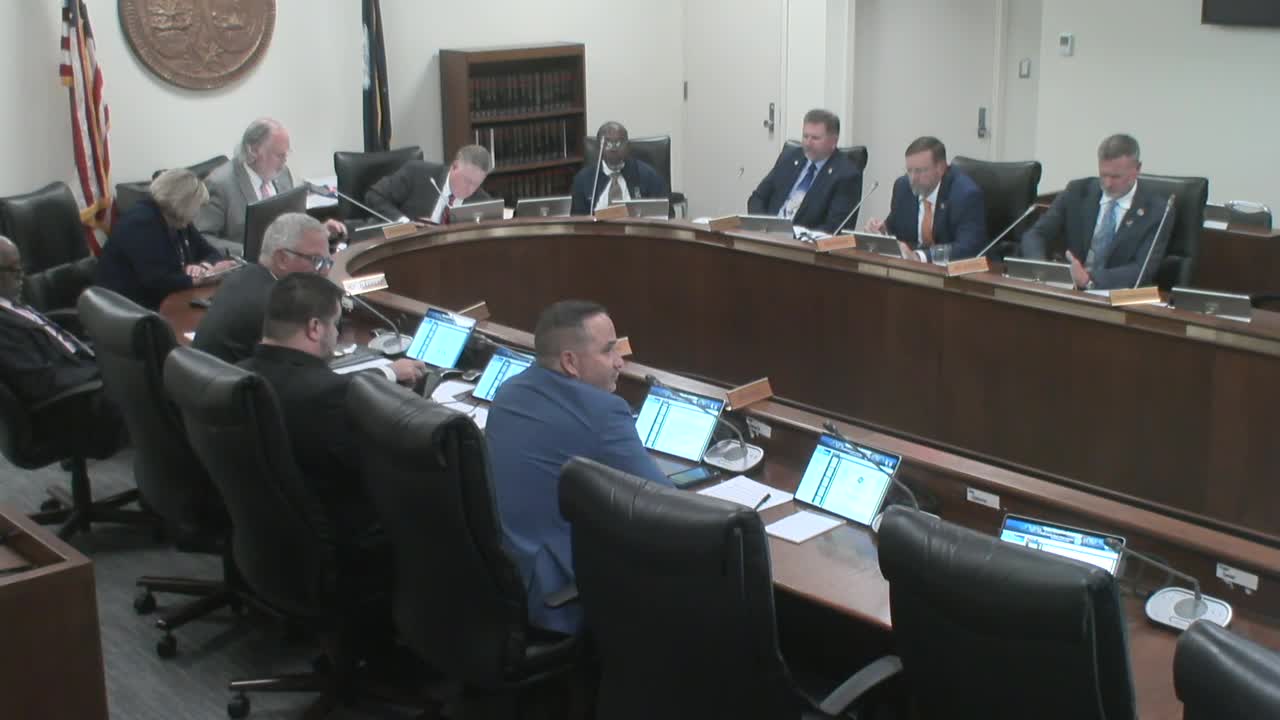
Subcommittee backs Senate bill allowing prior work experience to count toward teacher salary steps; PSTA calls it a recruitment tool
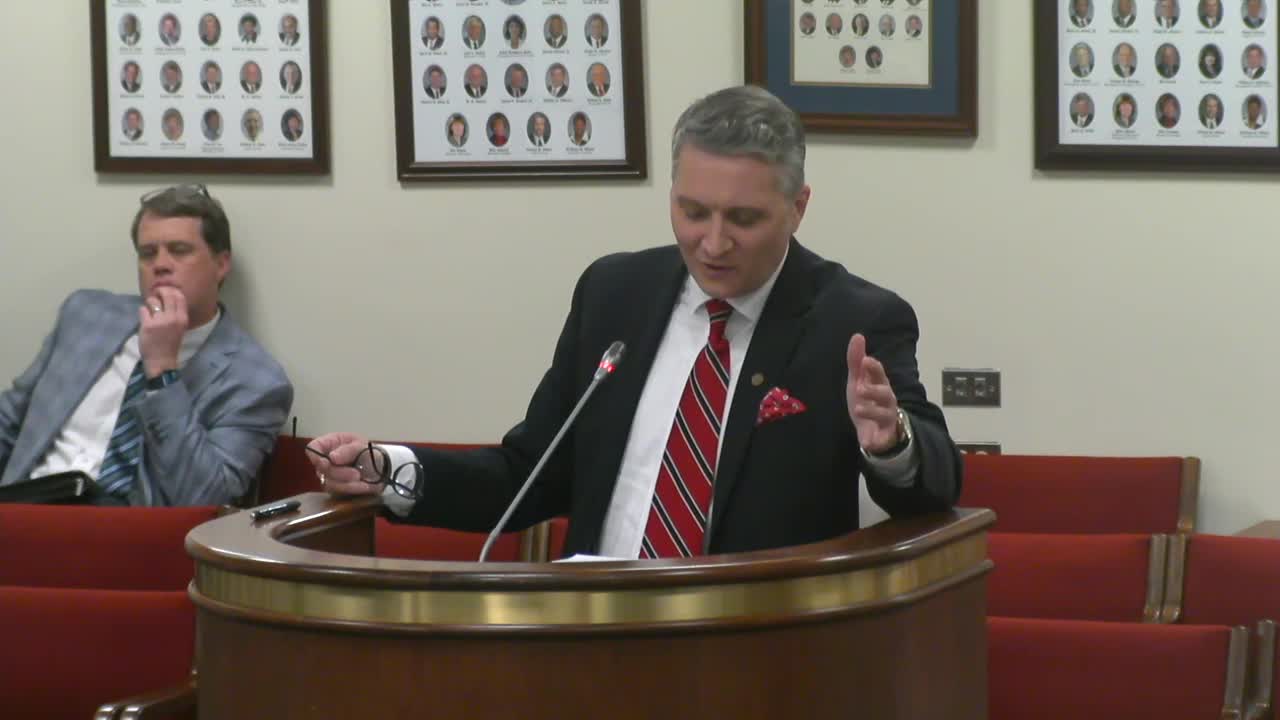
Subcommittee backs bill to designate a state choral anthem; composer says song will teach state motto
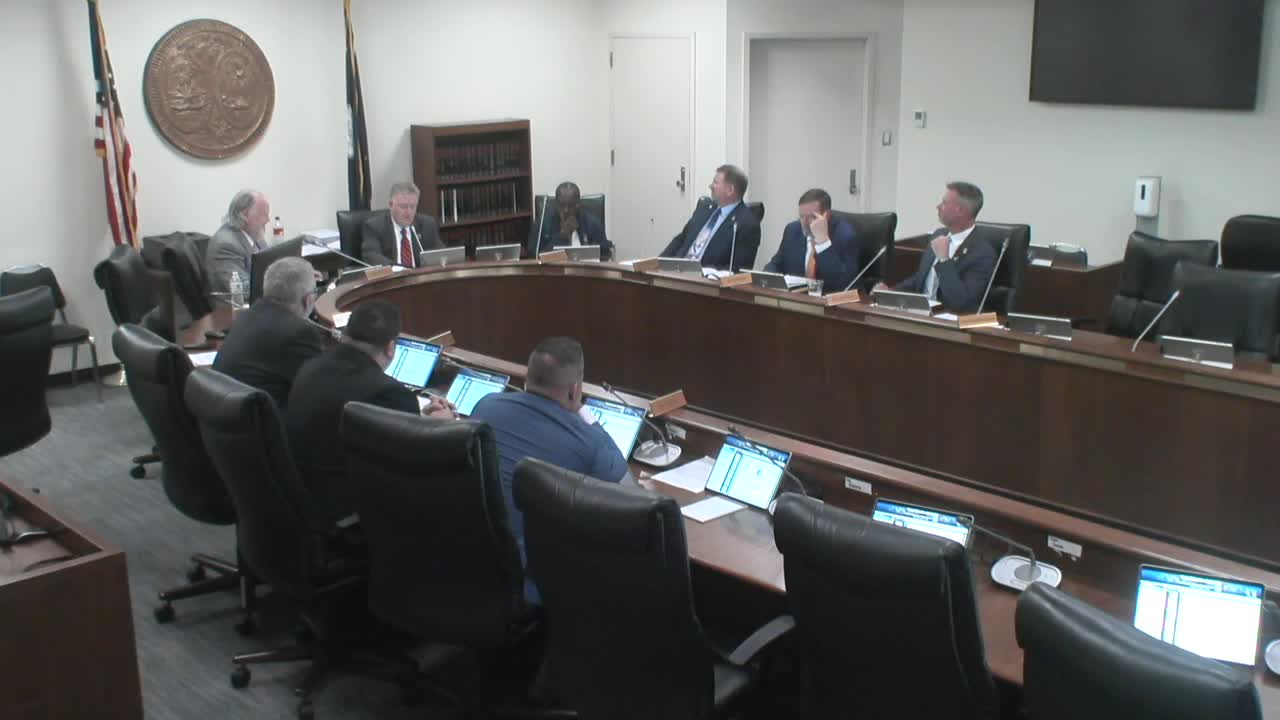
Panel advances bill to equalize excused absences for school‑sanctioned clay‑target teams; education groups urge absence limits
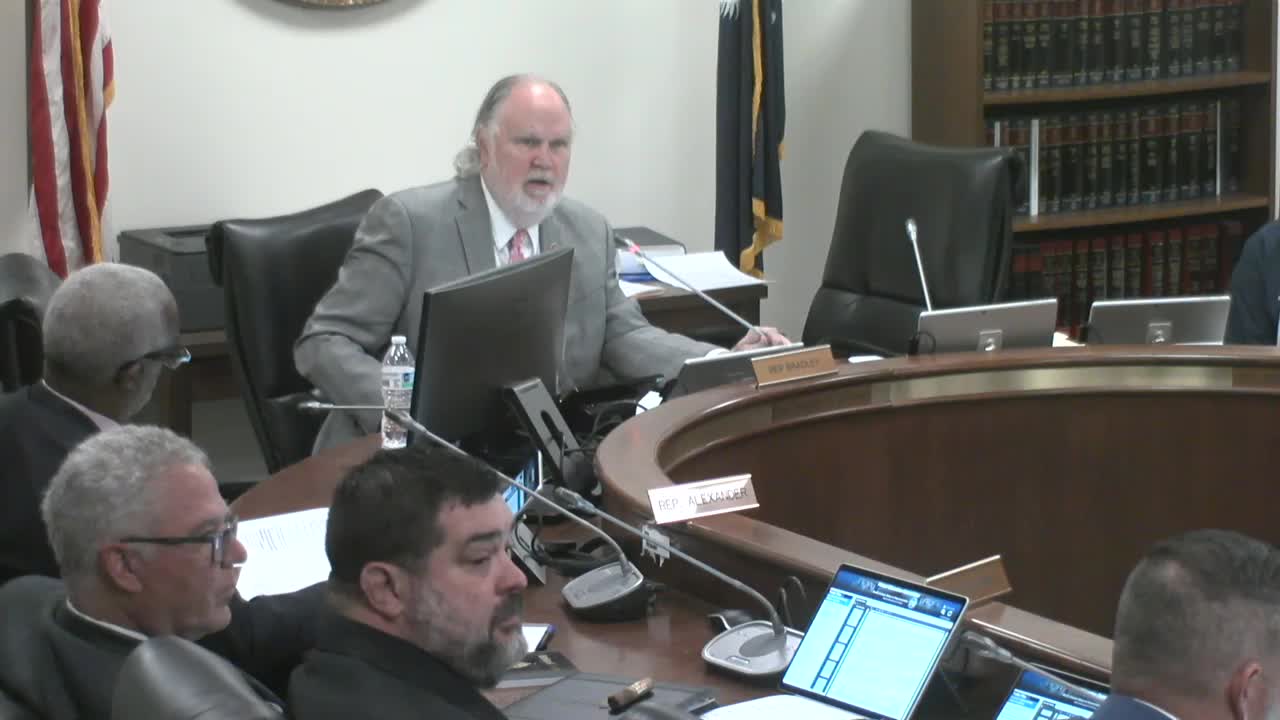
Subcommittee adopts language to create limited student forum for voluntary speech and prayer; report to full committee
